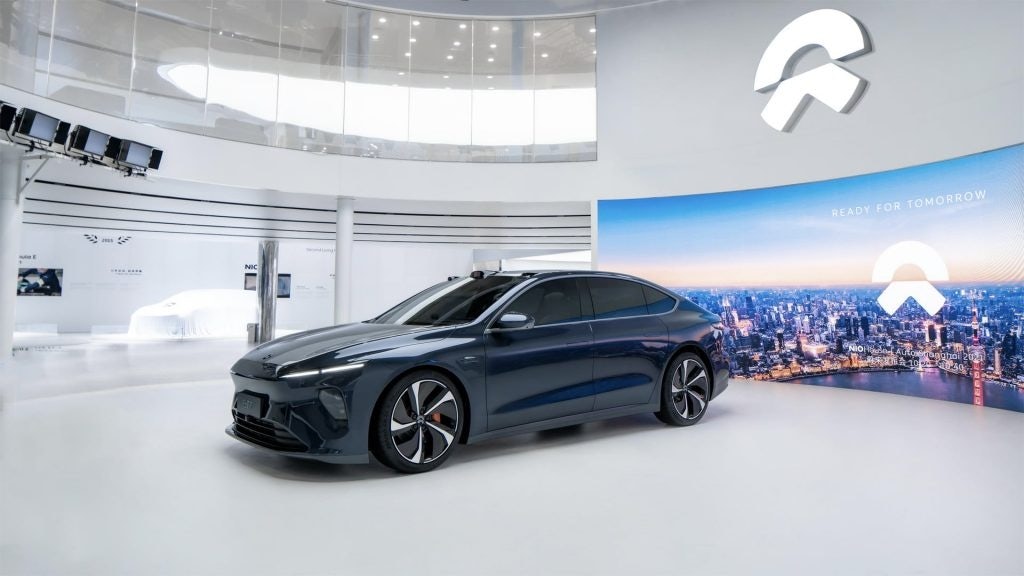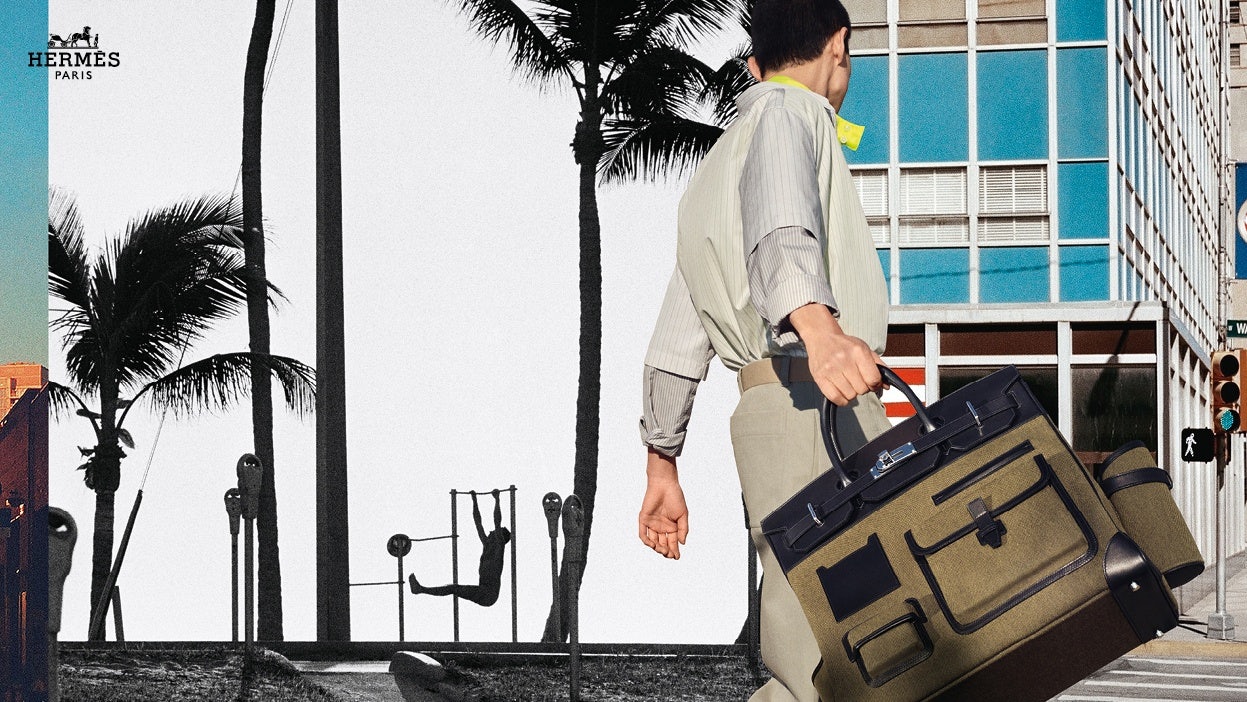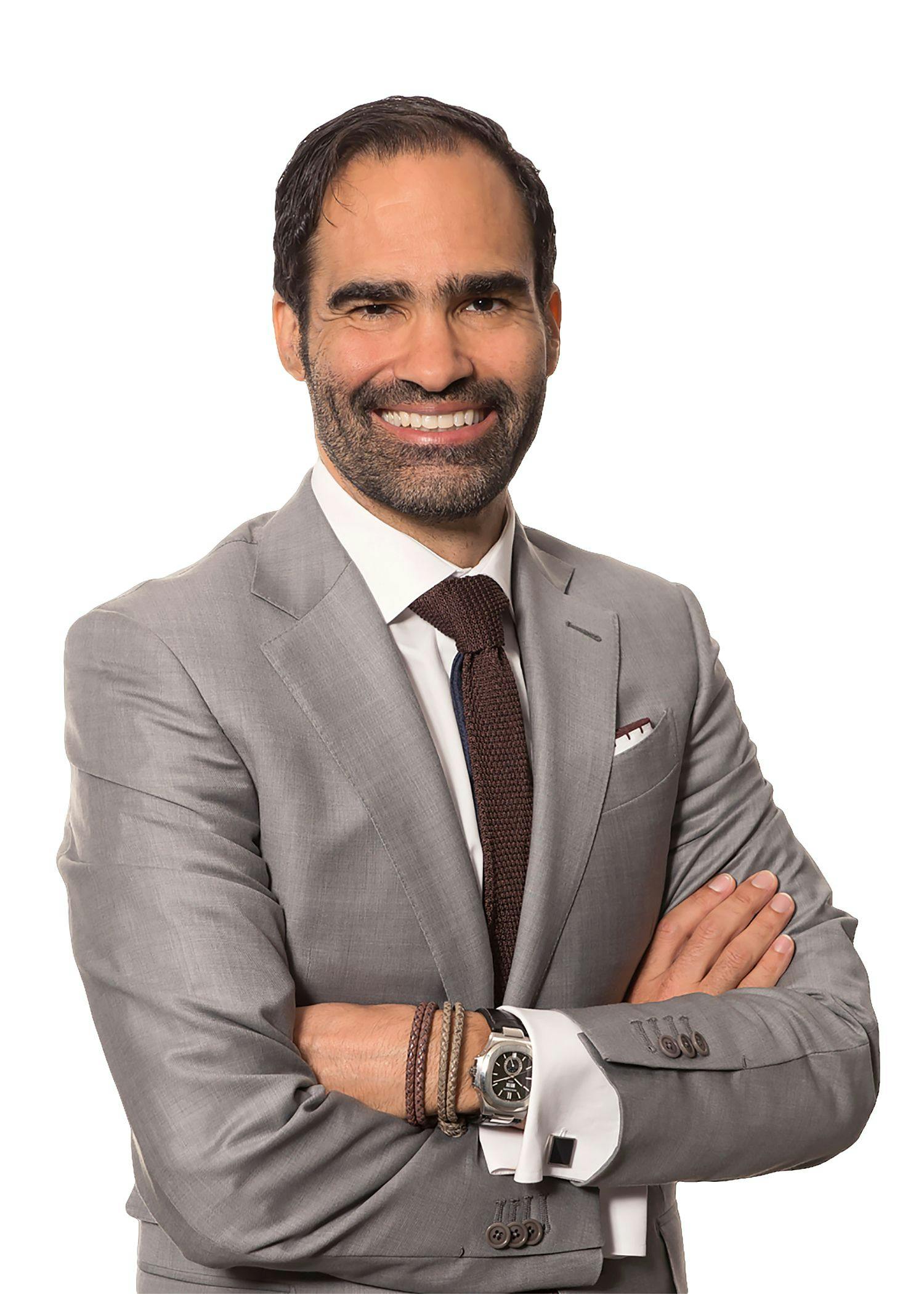Key Takeaways:#
The largest and most influential luxury brands haven't just returned to form; they're now performing better than in 2019 — a record year in the industry.
History has shown that luxury is, in fact, the most resilient category after recessions and economic downturns, with recoveries that are dramatically faster and stronger than non-luxury sectors.
The influence of Generation Z — customers who are now 25 years of age or younger — has increased significantly. Their viewpoints, habits, preferences, and opinions have shaped the entire luxury market in a shorter time frame than any generation before it.
The biggest and most successful luxury brands are feeling good. Hermès just posted their Q1 results, which defied expectations with revenue growth of 33 percent compared to the first quarter of 2019 — the period a year before the pandemic forced many countries into lockdown. The brand even eclipsed LVMH's growth of eight percent and Kering's of 5.5 percent, both home to major brands like Louis Vuitton and Gucci, respectively. Unsurprisingly, Hermès stated that China and North America were its main growth drivers.
These results are exciting because they indicate that the largest and most influential luxury brands haven't just returned to form; they're now performing better than in 2019 — a record year in the industry. These numbers are different from those many luxury analysts had predicted, with many foreseeing a slower recovery and others even decrying the end of luxury as we know it, thanks to the pandemic.
This development is reminiscent of the financial crisis of 2008, which led to the decline in 2009, one of the first significant declines in luxury during that decade. By 2010, luxury was already overcompensating. History has shown that luxury is, in fact, the most resilient category after recessions and economic downturns, with recoveries that are dramatically faster and stronger than non-luxury sectors.
Why is this? Luxury brands, especially those highly desired and leading the market, have fared well because they create extreme value for their customers, driven by ALV (Added Luxury Value). The combination of high demand and extreme value creation draws consumers to those luxury brands much more than normal brands. In my book "Luxury Marketing and Management," I describe how luxuries become drivers of desire and preference by defining and shaping people's personalities. All these factors help jumpstart the luxury economy much faster than any other.
In one of my previous Future of Luxury columns during the pandemic, I shared the insight that Net-a-Porter had one of its best shopping days on the afternoon of 9/11. The reason? People were looking for inspiration during a traumatic event. Luxury brands that create extreme value give their customers a strong emotion or fantasy.
Meanwhile, another seismic shift happened during the pandemic. The influence of Generation Z — customers who are now 25 years of age or younger — has increased significantly. They are the most digital generation and, therefore, the one most prepared for the pandemic. As such, the viewpoints, habits, preferences, and opinions of this generation have shaped the entire luxury market in a shorter time frame than any generation before it.
And if you think Gen Zers are not old enough to be your customers yet, think again. In fact, it may be already too late because if less than 5-10 percent of your brand’s purchases come from Gen Z, your brand is already irrelevant to them. The notion that many people of this generation don't have money to spend is simply wrong. They are by far the wealthiest generation to ever enter the market. In China, where Gen Zers already have a double-digit contribution to luxury sales, it is also the most optimistic and future-embracing generation ever, which translates into purchase behavior (income is not saved but spent and often on luxury.)
It is a critical generation because, thanks to their digital lifestyle, their choices are different. Practically all purchase decisions are made digitally. So their "moment of truth" moves from the store to social media, which I sometimes call "the new real estate." Brands that cannot convince Gen Zers digitally lose them. And spending more time in front of screens means that their physical experiences count more — another way this generation predicted post-pandemic behavior at large.
Deprived of a “normal” life for months, customers will start scrutinizing brand experiences much more. All aspects matter — from the way luxury brands inspire and entertain to the way they convince digitally and make you feel when you go into a store. Transactional sales in luxury will continue being replaced by holistic, radically customer-centric approaches.
And especially for brands focused on the Chinese market, the mindset needs to shift from just playing to playing to win. Stakes have never been higher in China, and its importance to brands has grown at rates never before seen. Chinese Gen Zers are increasingly patriotic and are now buying Chinese brands. Entire industries are about to be disrupted or have been disrupted already. The recent Shanghai Auto Show featured a lineup of high-tech Chinese car brands, and consumer preferences are shifting toward them. The same thing is happening with Chinese beauty brands and Chinese fashion brands.

These brands have a massive strategic advantage: They are close to the sentiment of Chinese consumers, especially Gen Zers. Given that the strength of the Chinese luxury market will further increase, a luxury brand not being in China is not an option. However, brands that lose now with Chinese Gen Zers may never win them in the future. That is what makes this time so pivotal.
Brands need to adapt quickly. That means switching from sales to storytelling, bragging to inspiring, transactional thinking to relationship building, and talking about sustainability to creating truly sustainable business models. And regarding China, international brands will need to up their game dramatically. I still see too many brands without enough insights into rapidly changing sentiments, and they are steering their China approach from thousands of miles away. But without digital insights or tools, which have been evolving at warp speed, they might as well be throwing darts with a blindfold on.
When I analyze brand performances in China, on WeChat, for example, less than a handful are excellent at providing customer service or connecting via a real digital luxury experience. Most brands are, at best, mediocre. Even some of the most iconic names in luxury have significant deficits on Chinese digital platforms. In building Gen-Z preferences, these weaknesses put brands at a long-term strategic disadvantage.
The rebounds by Hermès, LVMH, and Kering prove that luxury and Gen Zers are turbocharging the recovery post-COVID-19. But when taking a closer look, it becomes obvious that this recovery will look different across brands, and many brands are still underperforming. Creating extreme value and desire and connecting with the most influential young customers have never been as critical as right now.
Daniel Langer is CEO of the luxury, lifestyle and consumer brand strategy firm Équité, and the professor of luxury strategy and extreme value creation at Pepperdine University in Malibu, California. He consults some of the leading luxury brands in the world, is the author of several luxury management books, a global keynote speaker, and holds luxury masterclasses in Europe, the USA, and Asia. Follow @drlanger


